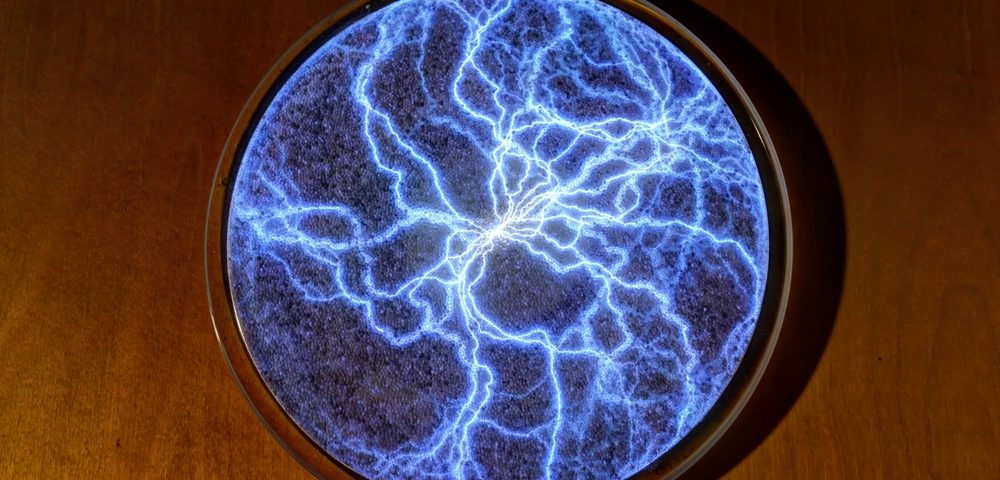The U.S. Food and Drug Administration has granted Humanitarian Use Device (HUD) status to Novocure‘s Tumor Treating Fields (TTFields) for treating pleural mesothelioma.
The designation provides incentives to develop devices to diagnose or treat conditions affecting fewer than 4,000 people in the United States each year. It is the first step in a company obtaining a Humanitarian Device Exemption (HDE), which authorizes marketing the device.
“We believe that treatment with TTFIelds affects fundamental aspects of cell division and may have broad applicability across a variety of solid tumors,” Asaf Danziger, chief executive officer of Novocure, said in a press release. “We are pleased to receive HUD designation as it is a major step towards a second regulatory approval for TTFields in the United States.”
TTFields are low-intensity alternating electric fields that promote cancer cell death by interfering with proteins involved in cell division, preventing cells from multiplying. The non-invasive treatment method applies transducer arrays — or devices that transform electricity from one form to another — directly to the surface of the skin surrounding a tumor. The delivery system is portable, letting patients go about their normal daily activities.
The single-arm, non-randomized, open-label Phase 2 STELLAR trial (NCT02397928) is investing TTFields, in combination with chemotherapy, as a pleural mesothelioma treatment.
Eighty patients with newly diagnosed mesothelioma that cannot be removed by surgery are participating in the trial. They are receiving TTFields in combination with either Alimta (pemetrexed) or Platinol (cisplatin) plus Paraplatin (carboplatin).
The study’s primary objective is to increase patients’ overall survival. Secondary goals are to increase patients’ disease-progression-free survival and rate of response to the therapy, and to see whether patients develop any toxic reactions to treatment.
Information presented last year at the International Association for the Study of Lung Cancer 17th World Conference on Lung Cancer showed that 79.7% of the patients taking the combo treatment survived at least a year. The median time that it took for treated patients’ disease to progress was 7.3 months.
The results compared favorably with outcomes in previous studies of patients treated with chemotherapy alone. Researchers said 50.3 percent of those patients survived at least a year after treatment, and the median time it took for their disease to progress was 5.7 months.
“Due to the clinical and pathological course of mesothelioma, standard treatment methods rarely lead to a complete cure, and new effective treatments are desperately needed,” said Dr. Eilon Kirson, Novocure’s chief science officer. “Our interim data from the STELLAR trial give us hope that TTFields used in combination with standard of care chemotherapies may increase survival for patients with mesothelioma without significantly increasing side effects. We are pleased that the FDA has recognized orphan status for mesothelioma and acknowledges the urgent demand for new treatment options.”


